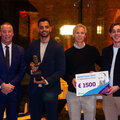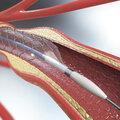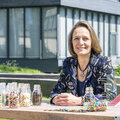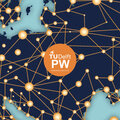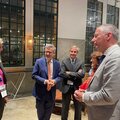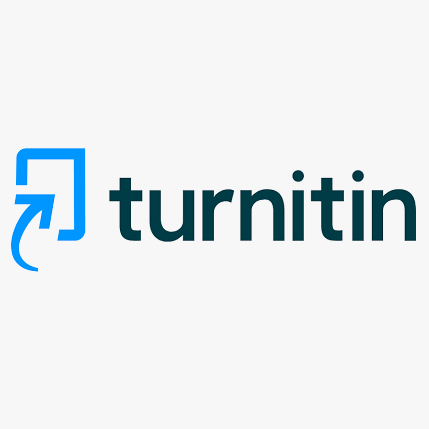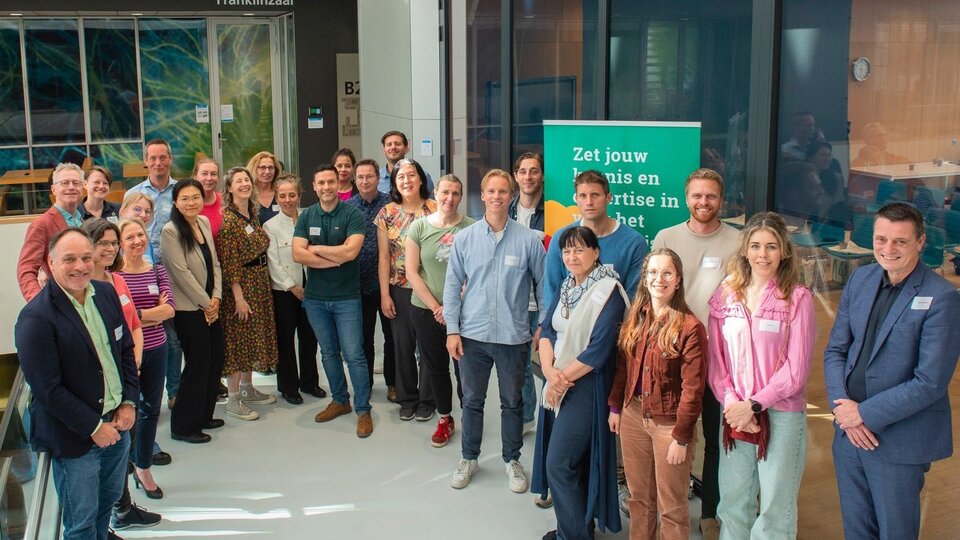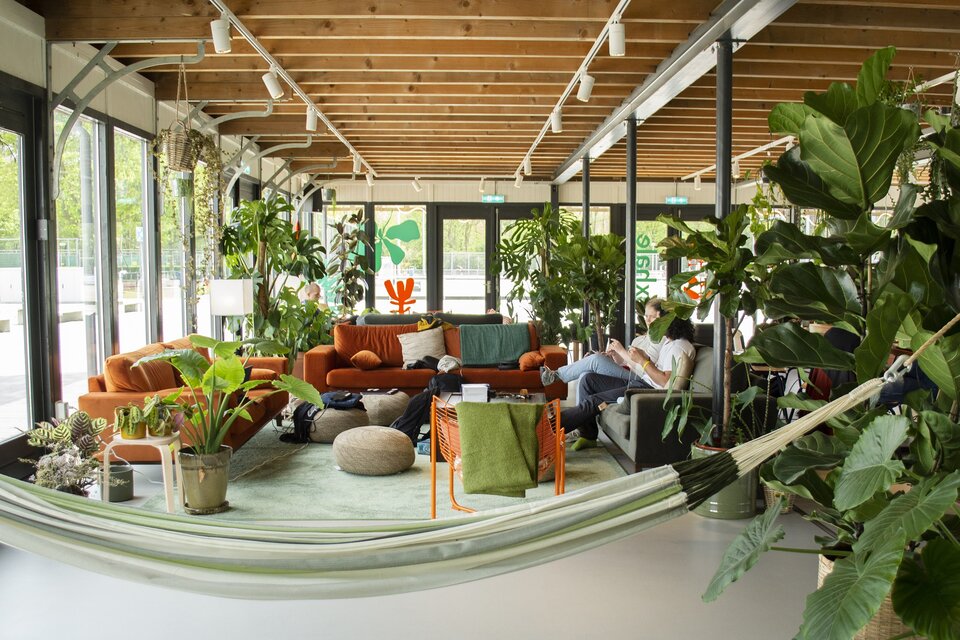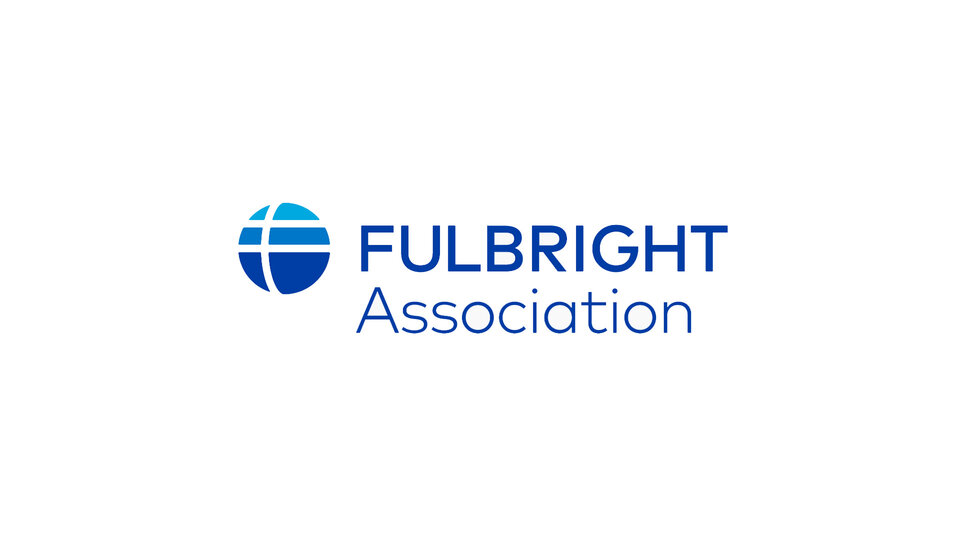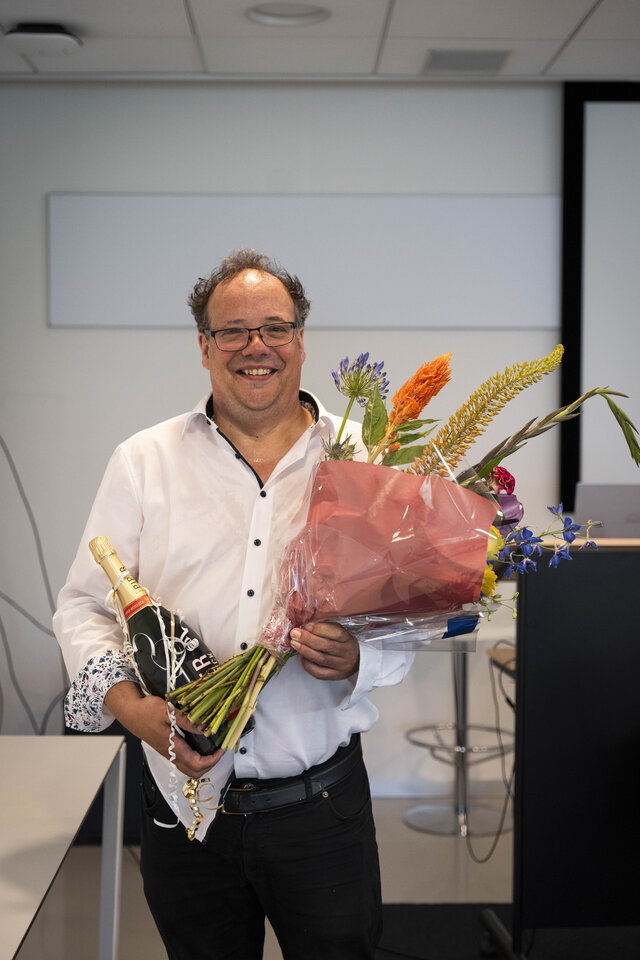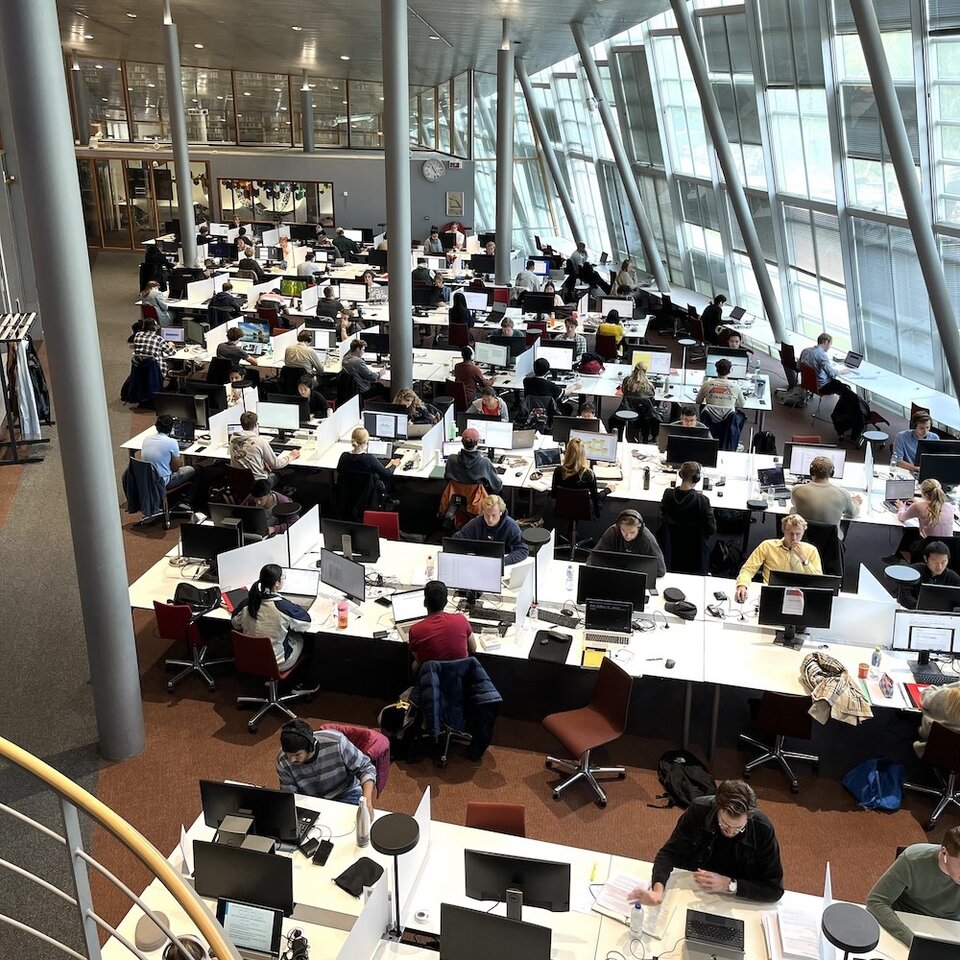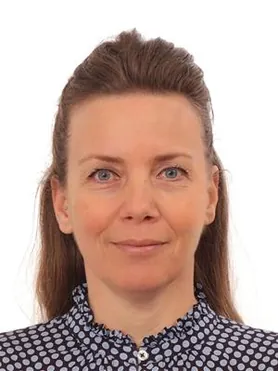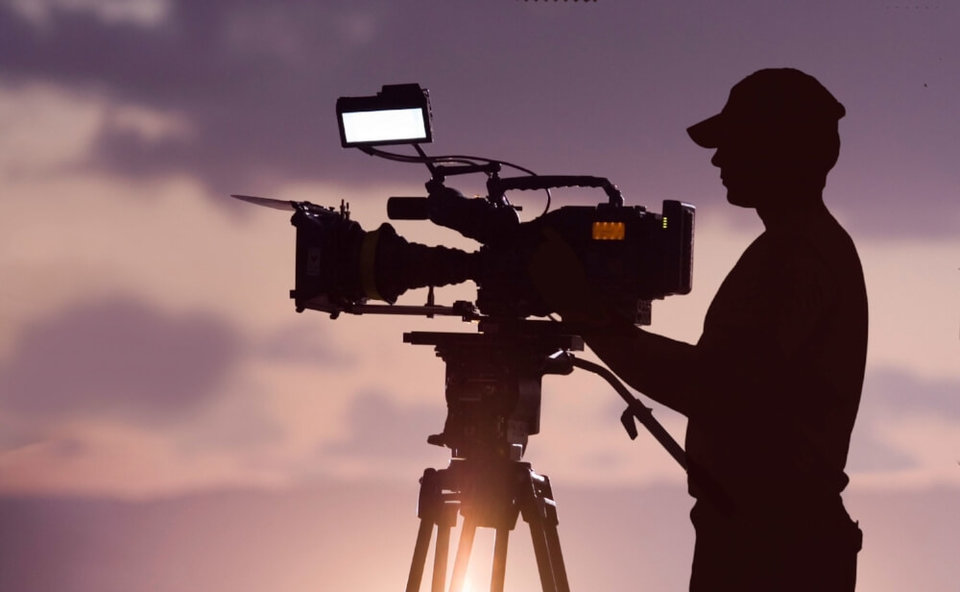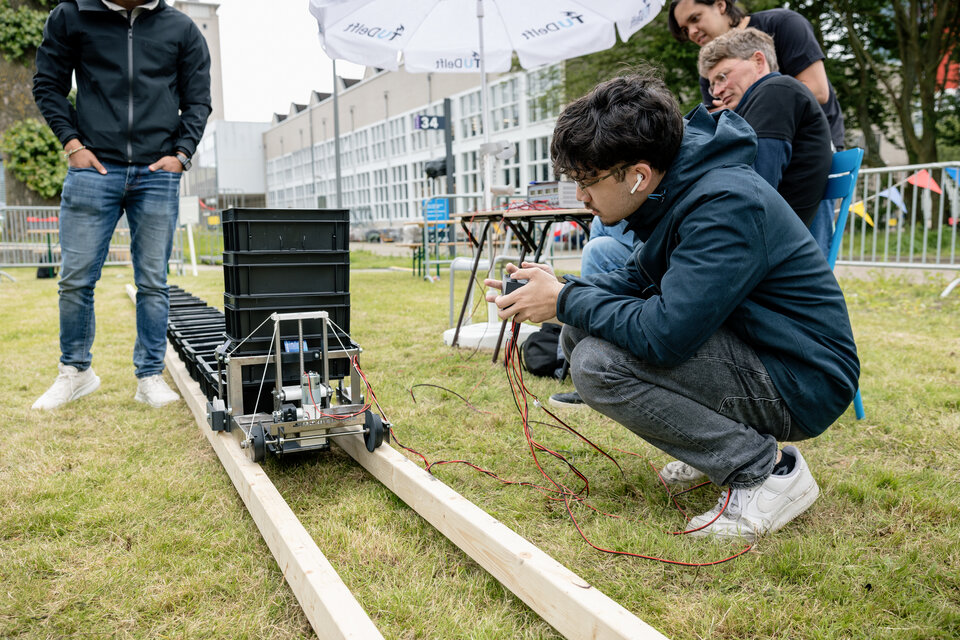Colleague dr. Jan Willem Foppen (1965–2024) passed away
A life dedicated to groundwater contaminant transport research & education On June 24 th , 2024 Jan Willem Foppen passed away at the age of 58. Jan Willem was a widely recognized and appreciated specialist on groundwater contaminant transport, especially of colloids, an excellent and beloved lecturer and mentor, and a dear friend to many in the hydrology community. Jan Willem received his education at Vrije Universiteit (VU) Amsterdam and obtained his MSc-degree in hydrogeology. Until 1998 he worked at the VU and Institute for Applied Geosciences, TNO, on a wide variety of hydrological projects. In 1995, he stepped into the life-changing adventure as a resident hydrogeologist working in Yemen. Here, he was responsible for the drinking water supply in the Sana’a region. His multi-talent was shown here: he organized, planned and performed the fieldwork, data collection, and groundwater modelling all by himself. He was deeply concerned about the overexploitation of the groundwater resources (mainly due to qat irrigation) and the fast decline in groundwater quality. He loved working in Yemen. Therefore, in 1998, he joined IHE Delft and stayed until 2000 in Yemen as a resident advisor for Sana’a University. He established the Water & Environment Centre and worked on the MSc program on Water and Environment. Back in Delft, he joined the hydrology group of IHE and ran a wide range of training and expert panel projects in the Middle East region. In this period, his enthusiasm for science grew, and he started to work on E. coli transport in groundwater systems. Although the application focused on the Sana’a basin, he wanted to understand the behavior of E. coli in saturated porous media fundamentally. He performed numerous laboratory experiments and often managed to stay through the night in the IHE laboratory. This resulted in his very well received PhD in 2007. Jan Willem was an experienced educator. He developed, coordinated and taught a wide variety of courses, workshops and MSc programs. He was passionate about bringing students to the field, especially to Southern France, and confronted them with hydrology in practice. Hydro(geo)logy was not a science that could be taught in class only; this was his motto. He supported active learning and self-efficacy of students to achieve goals by believing in themselves. He had the capacity to let students and colleagues grow! Jan Willem continued cutting edge, creative research on colloid transport in porous media with MSc students and PhD students. He wanted to understand the underlying complex processes in particle transport, which made him shift his focus from water resources to more fundamental research. It made him move to TUDelft part-time in 2021 and full-time in 2023. Here, he managed to bridge disciplines, pro-actively stepped forward to assist with fieldwork and excursions and helped many of the younger and experienced staff alike with project proposals, research designs, interpretation of experimental results and manuscript writing. He was an excellent writer, a master in writing lean, clean and to-the-point scientific articles. He rigorously deleted speculations or unsupported ideas. Those were for new lab experiments. Jan Willem was a dedicated scientist with the highest standards of research and scholarship. He expected to give the best one could: for himself, his colleagues and his students. Determined, driven, direct, and opportunistic, Jan Willem would give a lot to his students and expect no less in return, but he always could retract and support you as much as needed. We want to express our deepest condolences to his family and friends, and we wish them strength in these difficult times. We will dearly miss Jan Willem and his boundless enthusiasm, scientific knowledge, positive attitude and humour. With Jan Willem, we have lost a wise, bold, helpful, hard-working, genuine, creative, and super honest 58-year young mentor, colleague and friend. Profile Jan Willem Foppen (1965) received his M.Sc. degree in Hydrogeology from the VU University in Amsterdam in 1990. He worked for Natuurmonumenten, Dienst Grondwaterverkenning TNO, the Institute of Applied Geosciences of TNO, and since 1998 for IHE Delft. Intrigued by poor groundwater health conditions in various developing countries, Foppen focused on the transport of the fecal indicator organism Escherichia coli in saturated porous media, whereby the aim was to extend the colloid filtration theory. Over the years, his interest focused more on the transport of colloids in groundwater and surface waters. Since 2016, he worked on silica DNA tracers. In search of new tracer substances to identify hydrologic processes, Foppen and his team used synthetic DNA in groundwater and surface water injection experiments. Synthetic DNA is a small piece of 'organic matter', 100% natural, and completely harmless. Detection of these synthetic DNA molecules is carried out by the polymerase chain reaction (PCR), a method widely used in molecular microbiology, biomedical research, forensic diagnostics, etc. Besides the transport of bacteria and silica DNA tracers, his research interests include water and sanitation in slums in Sub-Saharan Africa. In 2023, he arrived at TU Delft. His research interests address environmental water quality issues with a focus on: artificial DNA, either free or encapsulated, as a marker to study mass transport processes in hydrology; groundwater safety and the transport of bacteria and viruses in groundwater and surface water systems; fate of colloids, like plastics and engineered nanomaterials in environmental waters; water and sanitation in slums in sub-Saharan Africa (T-GroUP website, SCUSA website). Since March 2024, he had the ius promovendi.
